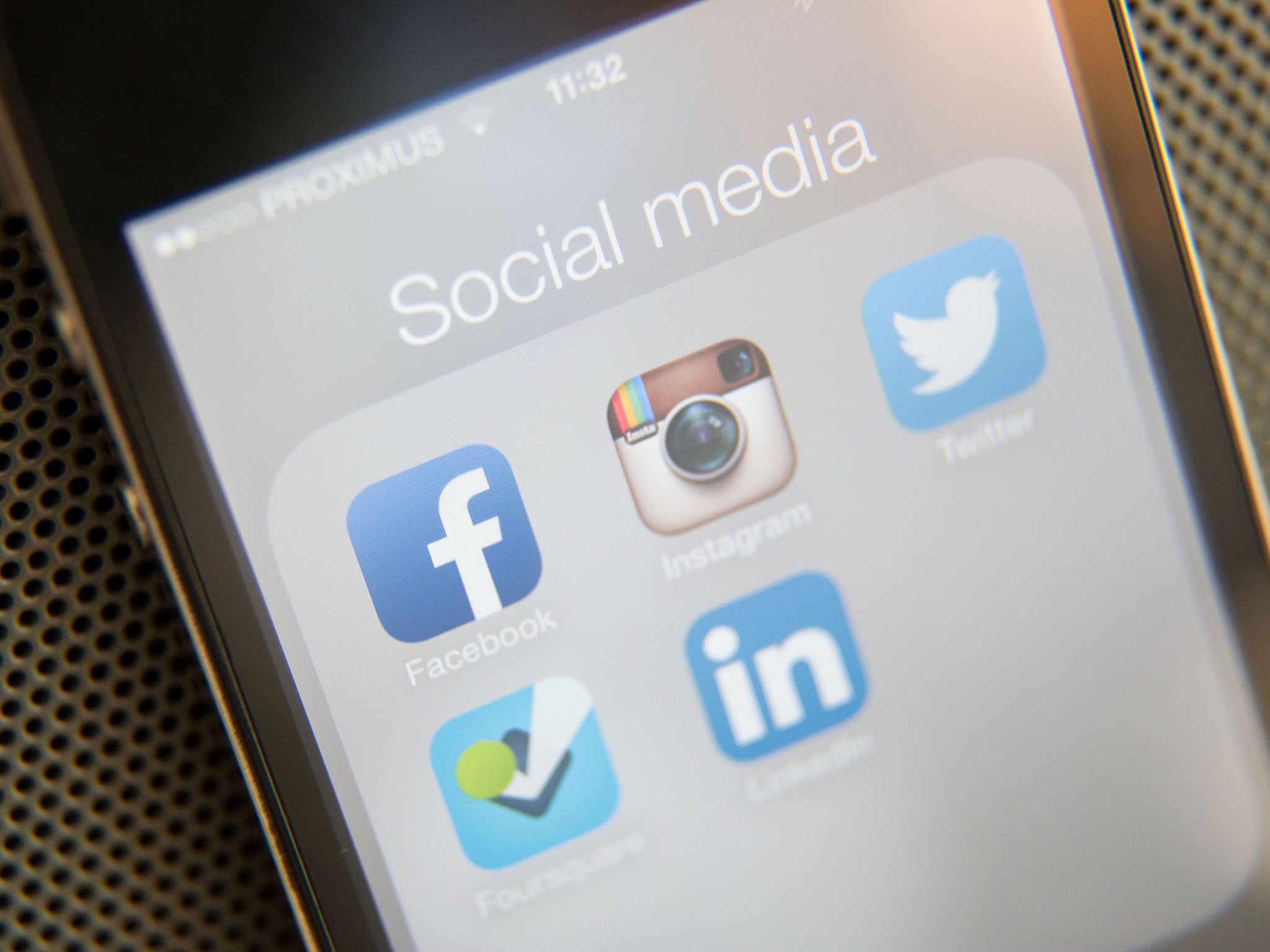New data reveals people trust social media influencers almost as much as their own friends
40 per cent of those surveyed said they had bought an item online after seeing it used by an influencer on Instagram, Twitter, Vine, or YouTube

While it used to be routine to ask a friend, family member or neighbour for advice about your purchases, it has become increasingly common to look to social media influencers instead.
According to new research carried out by Twitter and analytics company Annalect, people trust social influencers almost as much as their own friends. To put this into context, roughly 40 per cent of respondents said they’d bought an item online after seeing it used by an influencer on Instagram, Twitter, Vine or YouTube.
What’s more, 20 per cent of those surveyed said they shared something they have seen from an influencer.
“I think what this is telling us is that you don't have to be a mass media star or a household name to be influential and actually drive people to buy stuff,” Jeffrey Graham, Twitter's director of market research and insights, explained in an interview with Adweek.
“But actually, this whole cadre of influencers through social media - especially Twitter because that's what we know about from the research - are driving a lot of purchases by a lot of people.”
Meet the stars of Instagram
Show all 10Graham also explained that while a generation ago, household names would be placed on the front of cereal boxes, social media influencers have changed the game. Now it is instead possible for social media influencers to pick and choose which products they decide to endorse rather than being selected to do so.
In turn, internet personalities are redefining the very notions of “celebrity” and “fame” - trading in a currency of retweets, likes and followers, and other more difficult to decipher engagement data.
As social media has become a key motor of self-image, individuals within it have been able to commodify, trademark and monetise their online identities. This has, in turn, had an impact on traditional marketing methods as internet stars have accumulated growing influence and leverage.
Subscribe to Independent Premium to bookmark this article
Want to bookmark your favourite articles and stories to read or reference later? Start your Independent Premium subscription today.

Join our commenting forum
Join thought-provoking conversations, follow other Independent readers and see their replies